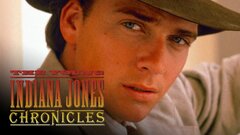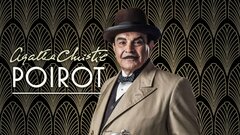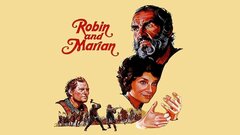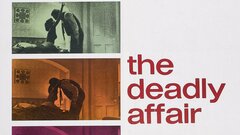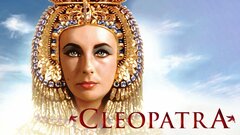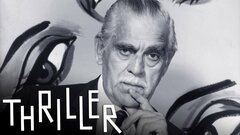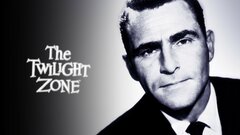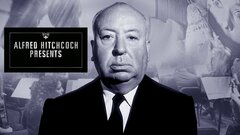Acclaimed British stage actor Kenneth Haigh was credited with embodying the angst and emotion of postwar British youth in John Osbourne's play "Look Back in Anger," but the power of his performance was unable to help him transition to a lasting career in film or on television. Depending on the source, Haigh was born on March 25, 1929 or 1931 in the South Yorkshire town of Mexborough. His family's business was mining - his father, William, was a coal miner, while his mother, Margaret, was the daughter of a miner, and it appeared that Haigh would follow in the family profession.
But acting had caught his attention, though it was less of a passion than a thorny, intractable problem that he described like a toothache, and one for which he "eventually gave in and went to the dentist." After national service, Haigh trained at the Central School of Speech and Drama alongside Harold Pinter, and made his stage debut at the age of 17 in a production of "Othello." His television debut in a production of Clifford Odets' "Golden Boy" for "BBC Sunday-Night Theatre" (BBC, 1950-1959) came a year later, but the stage would remain his primary showcase.
After joining the English Stage Company, he met playwright John Osborne and persuaded him to cast him in his new play, "Look Back in Anger." When Haigh debuted in the London production in 1956, his performance as Jimmy Porter, a working class Londoner disgusted with the meager returns of everyday life, helped to foment the "angry young man," a term coined by a Royal Court public relations agent to describe postwar Englishmen facing limited social and financial options for their lives. Haigh's turn gave their venom and frustration tremendous energy and power that left audiences overwhelmed.
When he followed the production to Broadway in 1958, a woman reportedly stormed the stage and slapped him for his behavior, though this was later revealed as a publicity stunt. But the idea of Haigh as a firebrand was set in place, and for a period of time, he was in-demand as a leading man on stage, most notably in Albert Camus' "Caligula" in 1960 and Pinter's "The Collection" with the Royal Shakespeare Company in 1962. Television and film also came calling, though these were largely episodic affairs in American and British series like "The Twilight Zone" (CBS, 1959-1964) and "Danger Man" (ITC, 1960-1962).
His screen career appeared to stall after Richard Burton was cast as Jimmy Porter in the 1959 screen version, though he would co-star with Burton as Brutus in "Cleopatra" (1963) and enjoyed an amusing cameo as an aggressive television producer in "A Hard Day's Night" (1964). In the 1970s, Haigh enjoyed stardom on the small screen as the callous hero of "Man at the Top" (ITV, 1970-1972) and as explorer Sir Richard Burton in "The Search for the Nile" (BBC, 1971-1972) before taking a teaching position at Yale's drama school. He continued to appear on stage, albeit sporadically, until the early 1980s, but alcohol and hard living forced him to return to television and the occasional film, most notably "Robin and Marian" (1976) and stage plays produced for television.
Haigh made his last screen appearance in a 2004 short, "Mr. Blue" before brain damage suffered from a choking episode in a Soho restaurant consigned him to a nursing home for the last 15 years of his life. Kenneth Haigh died in London on February 4, 2018 at the age of 86.

